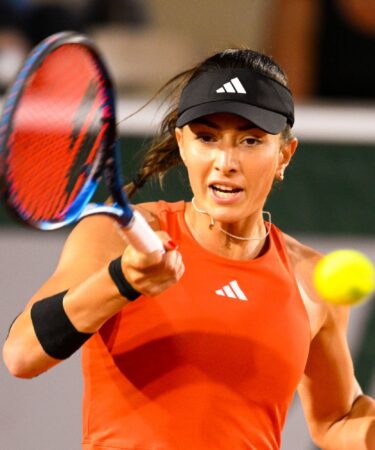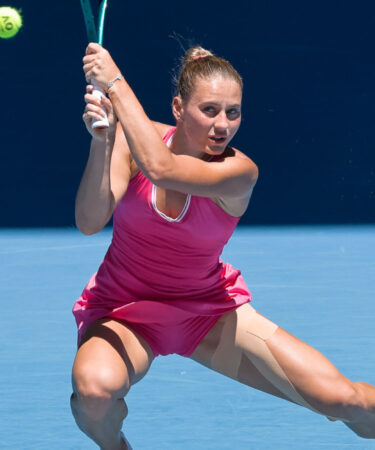“Journalists are not interested in it” – Kostyuk fears focus on Ukraine is being lost as war drags into third year
Behind the delirium of a sun-soaked summer crowd at the first Grand Slam of the year, unspoken links to wider political and economic conflicts remain hidden in plain sight
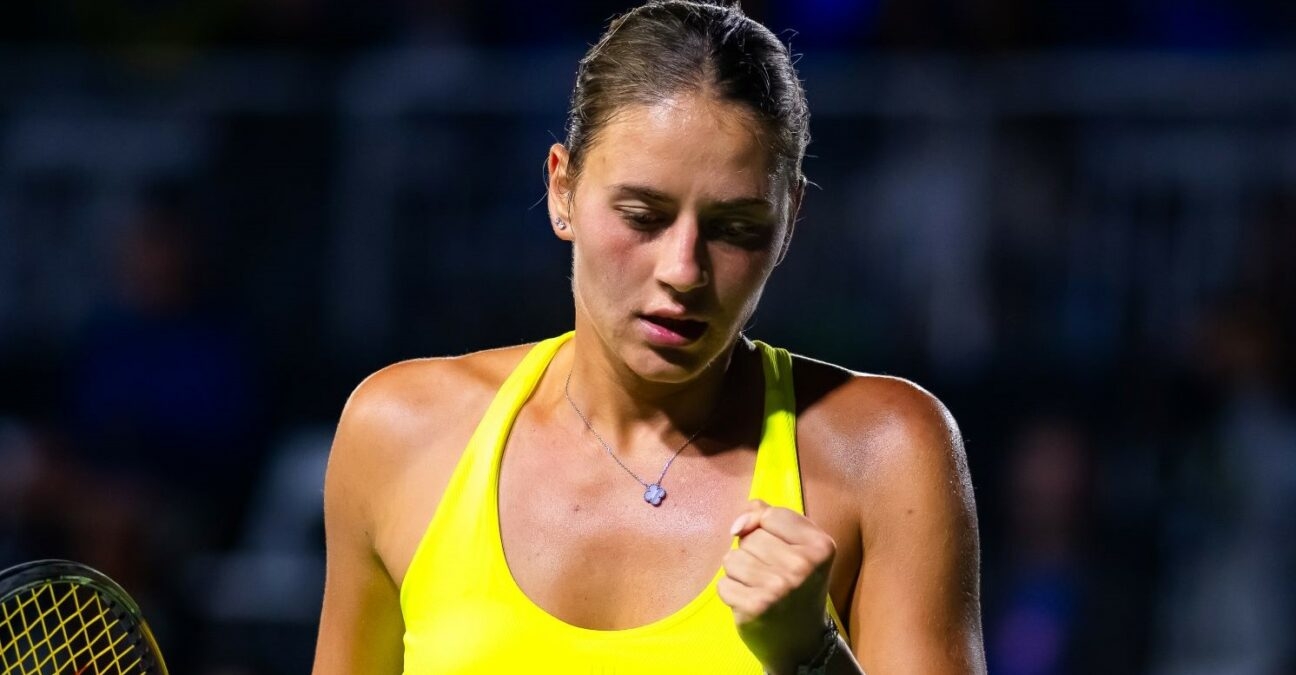 Zuma / Panoramic
Zuma / Panoramic
The old adage ‘sport and politics don’t mix’ is, rather sadly, something of a mistruth.
True, sport and politics almost never mix well. But the two are, and always will be, inextricably entwined.
One need only have attended one of Marta Kostyuk’s post-match press conferences in Melbourne over the past fortnight to understand this.
There was one in particular that will sit starkly in the memory as a reminder that sports journalism is sometimes about more than just sport itself.
Despite having just reached the fourth round of the Australian Open for the first time in her career, Kostyuk’s conference struck a sombre, serious tone.
For good reason.
The Ukrainian’s home country is fast approaching a desperately unwelcome milestone as the two-year anniversary of its invasion by Russia arrives next month.
Quite understandably, this is still front and centre of Kostyuk’s mind, regardless of her achievements on the tennis court.
“The war is still there. People are still dying every day,” Kostyuk explained, with a striking evenness of tone.
“My mum sends me videos when there are missiles flying over their house. My whole family is in Kyiv right now.”
no handshake remains of crucial importance for ukrainian players
The world No 41 marked a happier milestone of her own as she beat Russian Elina Avanesyan in three sets to progress to the last 16 at Melbourne Park for the first time in her career. It equals her best run at a Grand Slam, having also reached the fourth round of Roland-Garros in 2021.
Still only 21 years of age, Kostyuk is quietly putting together a thoroughly promising young career, one that perhaps has been overlooked in recent times because her focus is often directed to more pressing matters.
Kostyuk, like all the Ukrainian players since the invasion began, has refused to shake hands with Russian and Belarusian tennis players – something which was again the case after her win over Avanesyan yesterday.
This, as has been stressed by several Ukrainian players numerous times, is not to protest against any particular player personally, but rather to use their platform in their own small way to highlight what is going on between the two countries.
“I try to do my best, and I compete, and I try to succeed,” Kostyuk continued.
“At the end of the day I look around, and I don’t feel like all of this really matters as much. It’s just a tennis match. It’s just a tennis tournament. There out there is the real life. People I think forget about it.”
Kostyuk fears a loss of western media interest in ukraine
The absence of a handshake between players of these nations was once a lightning rod for media and spectator attention, but has since become customary.
The engraining of this once headline-grabbing act of defiance into the wider routine of match-day ritual is emblematic of Kostyuk’s fears that the world – and specifically, western media – have lost interest in reporting on matters relating to the war in Ukraine.
“I feel like in general it’s a lot of processes happening to come to this point where people forget about it because, yeah, people get used to it.
“It really feels like everyone is just… I feel like the west tries to silent everything down, like to talk less about it, to not escalate anything.
“Unfortunately it’s not breaking news anymore, so journalists are not interested in it. It’s no drama. Why talk about it if there’s no drama?
“But in reality, the reality that I’m living in, is everything is very far from being over. We are not in a good — not that we’re not in a good position now – we’ve never been in a good position because it’s a completely unequal and terrible war.”
sport’s influence on global issues must not be underestimated
Sport is one of the integral pillars of a healthy, flourishing society, one with a uniquely broad scope of influence. It functions just as importantly for the fundamental grass-roots of local communities as it does for the geopolitical diplomacy of international relations.
Tennis is one of the most global sports we have.
While this can often lead to unwanted complex and politically sensitive points of contention, it also provides a powerful platform to help raise awareness and enact change.
When a player, whose country is approaching the two-year anniversary of an unprovoked invasion on its soil, speaks of her disillusionment with the apparent disinterest of the media, it is surely incumbent upon all of us within the tennis media community and beyond to take those words to heart.
“We’re just in survival mode for the last two years. People are incredibly depressed now and tired,” Kostyuk added, near the end of a long and passionate answer.
“I don’t feel like it’s stopping anytime soon, and I don’t feel like anyone is doing anything about it.
“I understand that everyone has their own issues, and everyone is focused on their thing. I think I’m here to remind everyone all the time that it’s still going on, and it should be stopped.
“It’s not normal that this is happening.”
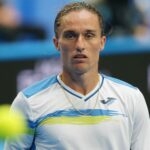

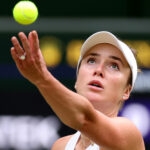
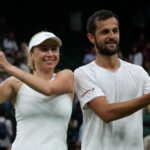

People in this post
More tennis news
How the old Zverev weighed down the new Zverev in the Masters semi-finals

November 17, 1991: The day Pete Sampras claimed his first season-ending ATP Masters Cup
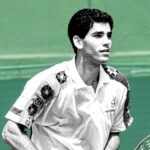
Norway, Christian Ruud, Grand Slam runner-up: Everything you always wanted to know about Casper Ruud (but never had time to find out) – updated after 2024 ATP Finals exit

Italy, Carota Boys, Australian Open, drugs case: Everything you always wanted to know about Jannik Sinner (but never had the time to find out) – updated after reaching 2024 ATP Finals final
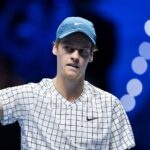
“It comes to a point where you wonder if tennis can be played any better” – Ruud on Sinner’s stratospheric performance


